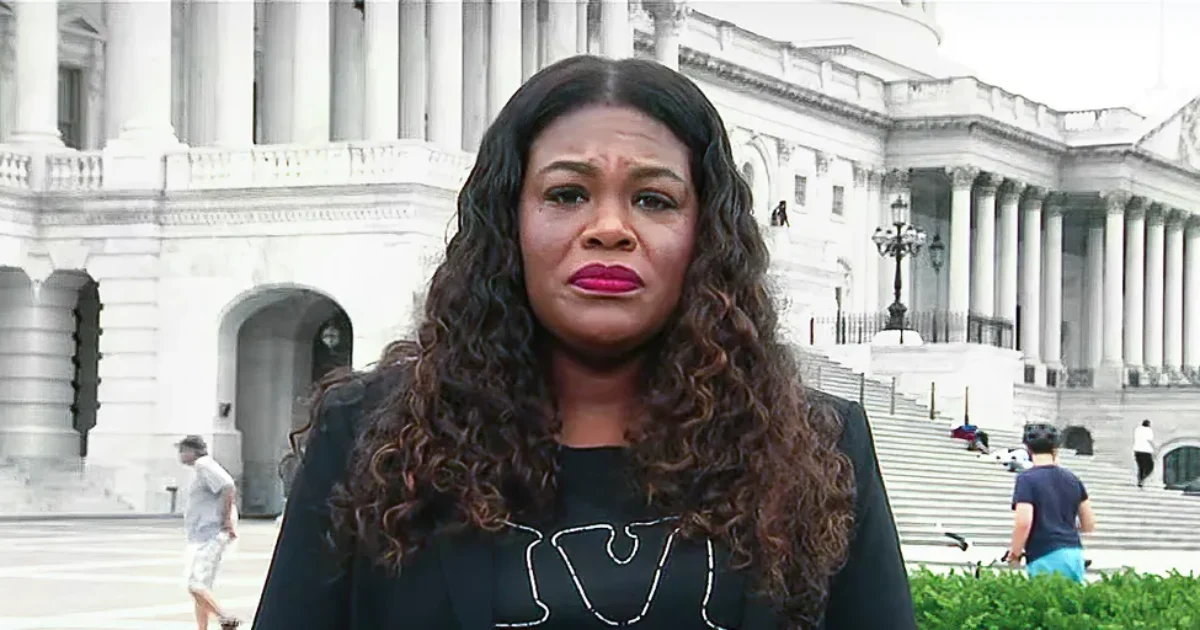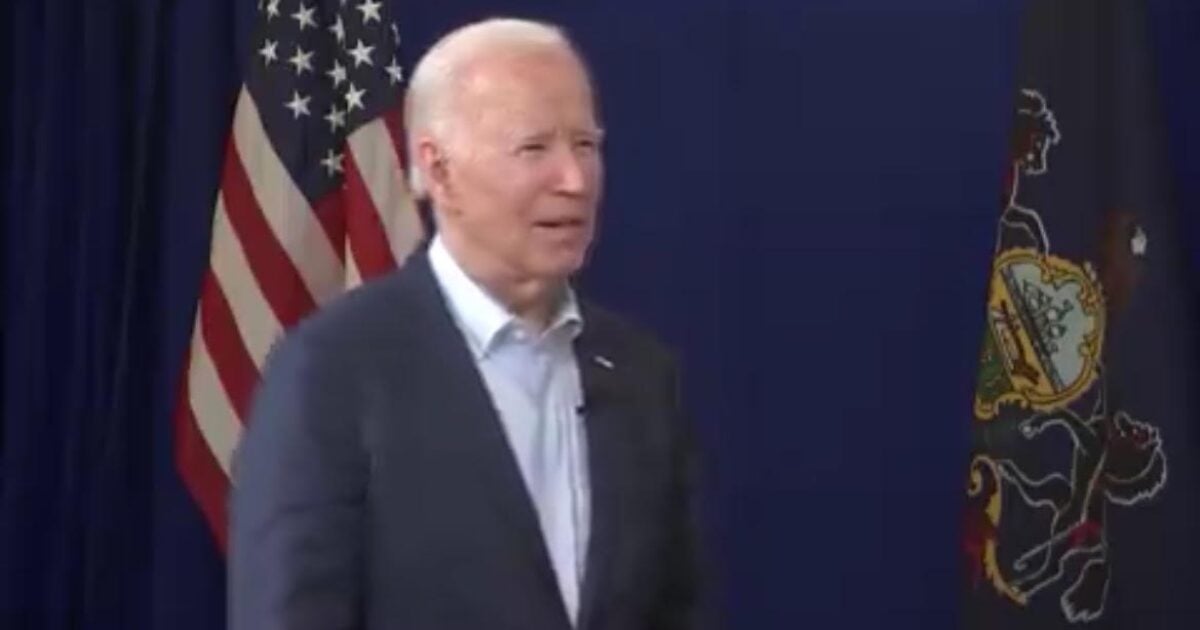Blaming U.S. Power Grid Issues on White Supremacy and Climate Change
Rep. Cori Bush, a member of the far-left squad and Missouri representative, has raised eyebrows by attributing issues with the U.S. power grid to white supremacy and climate change. While acknowledging the existence of power grid problems in the country, the emphasis on these divisive topics has drawn criticism for diverting attention from actual root causes. This attempt to link real-world challenges to personal agendas reflects a concerning lack of seriousness within a congressional representative.
The recent House Oversight and Accountability subcommittee hearing delved into the security and reliability threats facing the U.S. electricity grid, with a particular focus on the potential for increased blackouts. Despite established assessments indicating that factors such as reliance on renewable energy sources, electrification demands, infrastructure limitations, and generator retirements contribute to grid vulnerability, Rep. Cori Bush shifted the blame towards white supremacists and climate change. By suggesting that violent white supremacist groups target the country’s power grid, Bush attempted to intertwine societal issues with the nation’s energy infrastructure challenges.
Undermining Grid Reliability with Unsubstantiated Claims
Rep. Cori Bush’s assertions at the subcommittee hearing sparked controversy and ridicule on social media platforms, with many questioning the validity and rationale behind her statements. The attempt to correlate the reliability issues of the electrical grid solely to racial discrimination and climate variations reflects a misguided approach to addressing complex technological and operational challenges. By deviating from evidence-based analyses and attributing systemic issues to contentious ideologies, the credibility of discussions surrounding critical infrastructure vulnerabilities is jeopardized.
The public reaction to Bush’s controversial remarks underscores the importance of informed and rational discourse within legislative proceedings. As elected officials hold a responsibility to engage with substantive policy debates and propose viable solutions, the prioritization of political narratives over factual assessments could impede progress towards enhancing grid resilience and reliability. Moving forward, the need for evidence-based policymaking and constructive dialogue remains paramount to effectively addressing the multifaceted challenges impacting the U.S. power grid.
Image/Photo credit: source url






